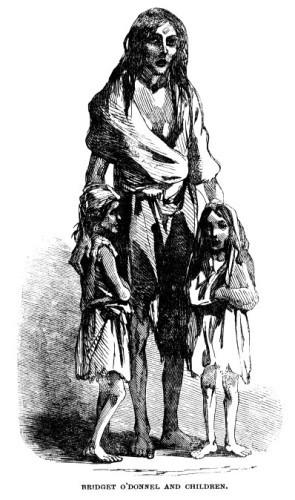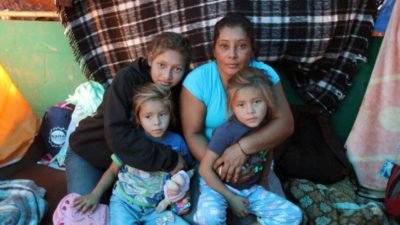Each Tuesday with children I become myself multiplied, and yet my attention becomes neither scattered nor diluted. It occupies layered frames of reference, as it did in the classroom. Those layers, each, intensely, gather impressions of the faces of both mothers and children, their gestures, emotions, emotions masking other emotions, levels of attentiveness, their crackling show of personalities, and over time, of character, as it has set and as it evolves. At Story Time I watch mothers with their children, and thus I see, week after week, the most powerful force of love on this planet in terms of expression, action, and depth of feeling.
Here are the nationalities and ethnic groups of the mothers who bring their children to an hour of stories and songs: Iranian, Indian, Chinese, Bangladeshi, Spanish, Japanese, African-American, Mexican, Jewish, Russian, English and white from Italian, Irish, Ukrainian, German and French ancestry (I know I’ve missed some there).
I hear their shifting tones of voice, see their caresses, their series of surprised expressions, their weariness, protectiveness, disciplined patience, sense of command. I see their abrupt detonations of love in spontaneous, unprompted gestures of affection, the girl swept off her feet amid laughter, the boy held cheek to face, the mothers closing their eyes in the ecstasy of the moment.
This world court of mothers act in concert in these ways. They love with equal intensity.
Now think of, look at, lift up, hold to your breast your own children and grandchildren. The children I see, the children you love, the children in American cages, stripped of their mothers, do they not have hands, organs, affections? Do they not all grow hungry? Are they not hurt with the same weapons, subject to the same diseases, healed by the same means? If you tear them away from love, will they not grieve, will they not cry out? If you hurt them, will they not bleed? Will they not die?*
 Both sides of my family escaped Ireland and the Famine in Coffin Ships from Liverpool and Cork. The Irish came here by the hundreds of thousands. Even then, in her brutal greeting of many of those immigrants, America gave them a chance. They were called bog-jumpers, cat-licks (say it aloud), micks, paddies, pogues, fish-eaters, green n*****s, but they had a chance. They held the meanest of jobs for terrible wages, but they had a chance. They were running from English tyranny, from starvation, toward opportunity, but they had a chance. If they had not had the chance, would any of my family have survived? I do not know, but I do know that the deaths of the line of people who made me was a much more certain reality if they had not crossed over.
Both sides of my family escaped Ireland and the Famine in Coffin Ships from Liverpool and Cork. The Irish came here by the hundreds of thousands. Even then, in her brutal greeting of many of those immigrants, America gave them a chance. They were called bog-jumpers, cat-licks (say it aloud), micks, paddies, pogues, fish-eaters, green n*****s, but they had a chance. They held the meanest of jobs for terrible wages, but they had a chance. They were running from English tyranny, from starvation, toward opportunity, but they had a chance. If they had not had the chance, would any of my family have survived? I do not know, but I do know that the deaths of the line of people who made me was a much more certain reality if they had not crossed over.
This is a plea: if your home was a version of hell, if you could not find work, if you believed you had to save your children, where would you go? Would you wait for permission? If, for a few minutes, you can imagine your life ripped apart, your rights as a human being peeled away, your children in constant danger, then you can imagine refugees. And if you can imagine refugees, you can also imagine mercy and you can reject legalistic, cruel, inhuman policies, policies perpetrated only to appeal to the most xenophobic and inhumane of Americans, policies meant only to perpetuate power for the worst of us. And if you cannot imagine, just do this one small thing — look at any boy or girl near you right now and think of what you would do to protect that child from this — deliberate cruelty, the unforgivable sin.** 
*apologies to Shakespeare and Shylock’s great speech in III, i of A Merchant of Venice.
** apologies to Williams and Blanche